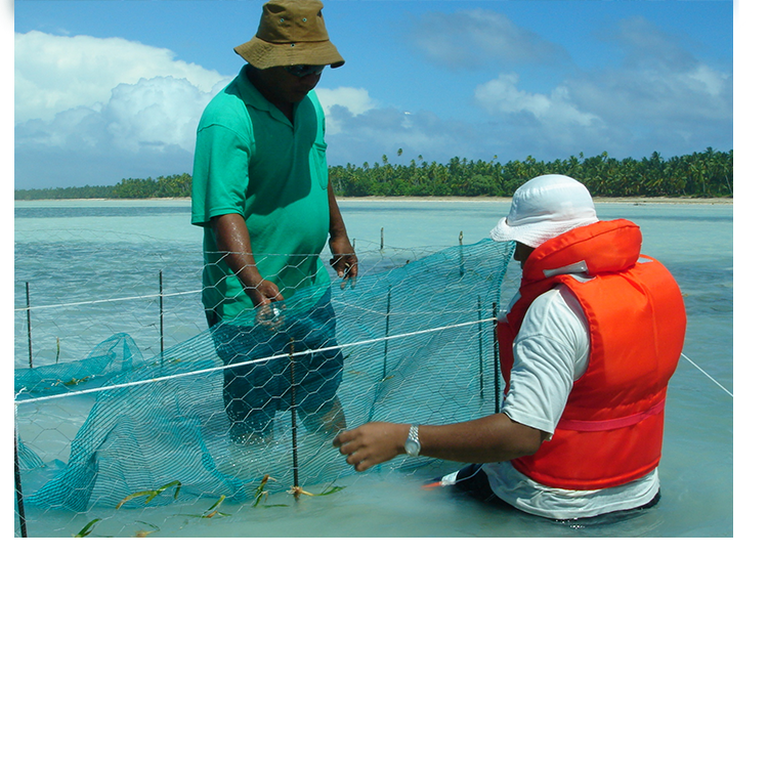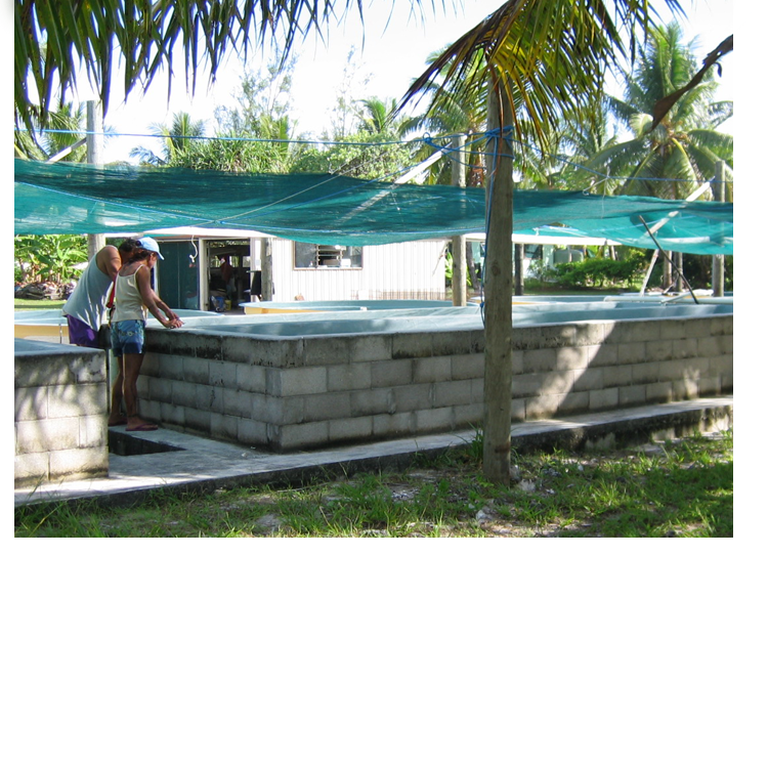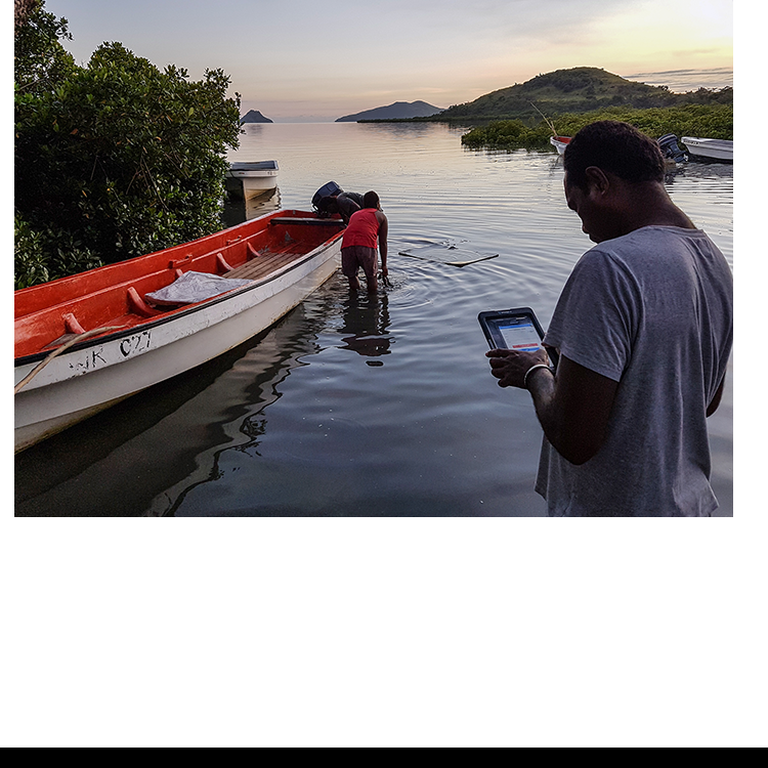Improving systems and practices to support the sustainable development of aquaculture
Pacific Island people rely on fish for nutrition, food security, and livelihoods. The sheer diversity in Pacific aquaculture has good potential for bridging the increasing gap between supply and demand for fish in some countries, as well as generating income and employment opportunities.
Our work in this area aims to build a more resilient Pacific aquaculture sector, using emerging technologies and collaborations to boost existing commodities and establish new initiatives. At the same time, we need to manage and build resilience to threats from climate change impacts, new pathogens and pests, and inland water security.
Through working directly with individual members, we have cultivated a deep understanding of the variety of strengths and challenges for aquaculture in each of the Pacific Island Countries and Territories (PICTs). Our interventions target the challenges traditionally faced by the aquaculture sector in some of the PICTs, such as distant locations and high transport/energy costs, limited access to financial services, smaller domestic markets, and sometimes limited biosecurity and regulatory frameworks to support aquaculture.
Our expertise in aquaculture includes mariculture, inland aquaculture, and aquatic biosecurity. We provide a comprehensive service which covers aquatic animal health, technical production, and support to develop policies and legislations. We aim to support our members in strengthening their technical capacity for production, promote gender across aquaculture as well as increasing their business, policy, and planning skills in this sector. We work with our members to identify the main risks for aquaculture so that together we can develop efforts and strategies to address these.
Our FAME aquaculture team also provides technical support to members to strengthen governance in aquaculture. This involves developing capacities to support viable production among government hatcheries, community farmers and private sector commercial enterprises, as well as promoting the management of aquatic biosecurity risks. The aquatic biosecurity framework aims to manage risks and ensure safer standards in farming. We have been developing personalised biosecurity plans for countries in addition to this regional framework.



